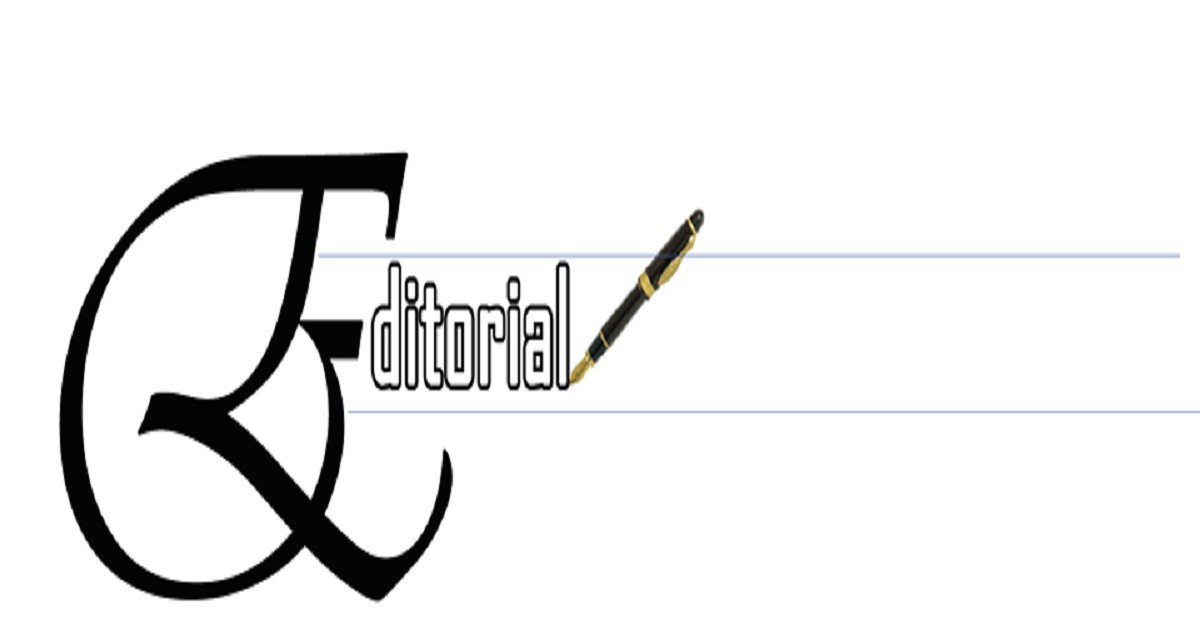
Office of the Prime Minister has launched a two-day discussion forum where veteran politicians, historians, economists and politicians participate. The panel discussion focuses on democratization, foreign policy, economy and strengthening democracy in the country.
As the issue encompasses diverse issues that are pivotal in the overall transformation process of the nation and involves key figures in the country, it makes glamour of hope in the country’s future. Indeed dialogue is the best and ultimate solution for all the difficulties that the country passed through.
Ethiopia is a country of diverse nations, nationalities and peoples. Its peoples also follow various religions. Furthermore, there are diversities among the public in terms of socio-economy. In spite of all that the peoples are endowed with age old tradition of living together with tolerance and mutual understanding.
However, due to inherent social, economic and political changes people are likely to be driven into contradictory views or positions that most likely could lead to misunderstandings. Yet the people in the past have been addressing such differences through traditionally known dispute resolution mechanisms. Most of such mechanisms depend largely on dialogues and are still serving in communities.
In spite of all these Ethiopia as well as the entire continent itself have been emaciated by protracted war and conflict as well as sporadic skirmishes. All their sufferings can be traced back to the political problems that could have been solved through dialogue.
Even the conflicts that took long time have passed through various dialogues and negotiations. After repeated talks some of the conflicts in Africa were solved while others failed. So the value of dialogue should be encouraged.
Currently Ethiopia is found at a critical juncture that can correct its past and pave the way for its future. Especially during the major political transition periods in the history of the country there were bloody conflicts that left unforgettable scar in the minds of the people and the history of the country in general. For example, the popular revolution that overthrew the feudal regime in the mid 1970s was followed by bloody conflict between different parties who could not sit and discuss how to proceed in ruling the country.
The military junta which took power amid the political chaos created during the revolution that ended Emperor Haileselassie rule was also deposed through an almost two decades long catastrophic civil war. Still Ethiopia is found on a process of transformation that can be considered as a milestone in the country’s history and political journey.
But unlike in the past the ruling party as well as many of rival political parties and armed groups are inclining towards addressing their differences through dialogue. Accordingly, all of the competing political parties and armed groups that left the country almost half a century ago, as well as those who left the country a decade ago have all returned home hoping to engage in a peaceful political struggle.
Both the government who paved the way and the veteran political groups who welcomed the idea of returning home for peaceful struggle should be acknowledged for their invaluable engagement. Now the ball is in the hands of all these actors to discuss and figure out the solution for a reliable transformation of the nation.
All of them should feel responsible to actively engage in the discussion and leave a lesson for a generation to use dialogue to solve differences.
The Ethiopian Herald March 23/2019





